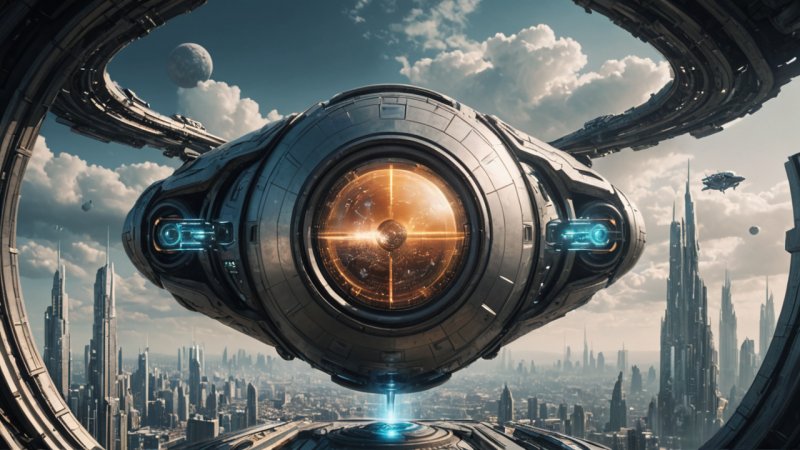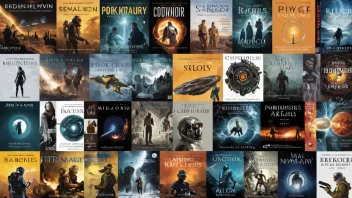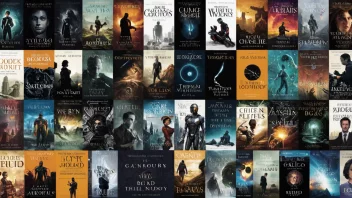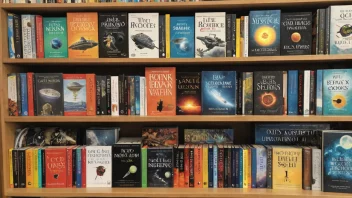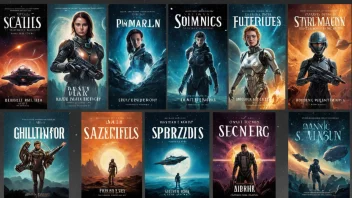The realm of science fiction has always been a playground for the imagination, giving readers glimpses of worlds yet to be realized. However, this genre does more than entertain; it has significantly influenced technological advancements throughout history. The visions of future technologies crafted by science fiction authors have often paved the way for innovations that change the way we live. One of the most fascinating aspects of science fiction is its ability to portray technologies that become a reality. Take, for example, the concept of the personal computer. In the 1960s, authors like Arthur C. Clarke and Isaac Asimov depicted computers that were not only capable of performing complex calculations but also interfacing with humans in a meaningful way. Today, we live with personal computers and smartphones that allow us to connect to the world instantly, a reality that was once the stuff of imaginative fiction. The genre has also played a crucial role in shaping our understanding of robotics. In Isaac Asimov's work, the Three Laws of Robotics were introduced, establishing ethical guidelines for the interaction between humans and robots. This conceptual framework has sparked essential discussions among technologists and ethicists alike as we approach an era where robots and automation are increasingly integrated into our daily lives. As the field of robotics advances, the ethical considerations highlighted in science fiction are more relevant than ever. Furthermore, the exploration of virtual reality (VR) and augmented reality (AR) in science fiction has driven real-world innovation in these fields. Works like 'Ready Player One' by Ernest Cline and 'Snow Crash' by Neal Stephenson immerse readers in fully realized virtual worlds, showcasing the possibilities of digital interaction. Today, companies are investing heavily in VR and AR technologies, aiming to replicate the immersive experiences imagined in these narratives. The implications of these technologies extend beyond gaming and entertainment; they have the potential to revolutionize education, training, and even social interaction. Another significant aspect of science fiction's influence is its exploration of space travel. The genre has captivated audiences with tales of interstellar journeys and colonization of other planets. Authors like Kim Stanley Robinson in his 'Mars Trilogy' have meticulously detailed the challenges and possibilities of colonizing Mars, inspiring real-life discussions about future missions to the Red Planet. NASA and private companies like SpaceX are actively working on technologies that could one day make human life on Mars a reality, driven by the visions of these forward-thinking authors. In conclusion, the relationship between science fiction and technological innovation is profound and multifaceted. The genre serves not only as a source of inspiration for inventors and scientists but also as a lens through which we can examine the ethical implications of emerging technologies. As we continue to push the boundaries of what is possible, science fiction will undoubtedly remain a guiding force, challenging us to imagine and strive for a better future.
Imagining Tomorrow: Sci-Fi and Tech Advancements
Exploring the profound relationship between science fiction and technological advancements, revealing how imaginative narratives shape our reality.
